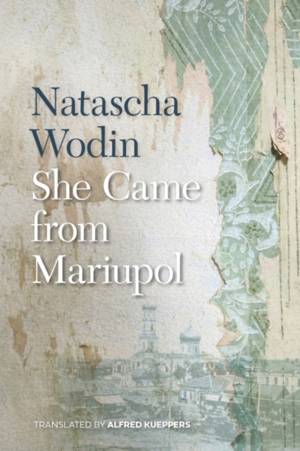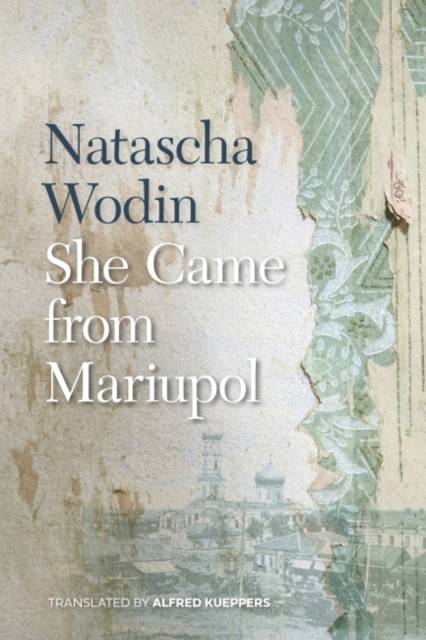
- Afhalen na 1 uur in een winkel met voorraad
- Gratis thuislevering in België vanaf € 30
- Ruim aanbod met 7 miljoen producten
- Afhalen na 1 uur in een winkel met voorraad
- Gratis thuislevering in België vanaf € 30
- Ruim aanbod met 7 miljoen producten
Zoeken
Omschrijving
WINNER OF THE 2017 LEIPZIG BOOK FAIR PRIZE--When Natascha Wodin's mother died, Natascha was only ten years old--too young to find out what her mother had experienced during World War II. All the little girl knew was that they were detritus, human debris left over from the war. Years later, Natascha set out on a quest to find out what happened to her mother during that time. Why had they lived in a camp for "displaced persons"? Where did her mother come from? What had she experienced? The one thing she knew is that her parents had to leave Mariupol in Ukraine for Germany as part of the Nazi forced labor program in 1943. Armed with this limited knowledge, Natascha resolved to piece together the puzzle of her family's past. The result is a highly praised, beautiful piece of prose that has drawn comparisons to W. G. Sebald in its approach. Like Sebald, Natascha's aim is to reclaim the stories of those who can no longer speak for themselves. The author is not only in search of her own family's history, but she is also aware that she is charting unmarked territory: accounts of the plight of forced laborers and displaced persons are still a rarity within literature about World War II and its atrocities. Natascha's personal homage to her mother's life story is an important lyrical memorial for the thousands of Eastern Europeans who were forced to leave their homes and work in Germany during the war, and a moving reflection of the plight of displaced peoples throughout the ages. This is a darkly radiant account of one person's fate, developing momentous emotive power--its subject serves as a proxy for the fate of millions.
Specificaties
Betrokkenen
- Auteur(s):
- Vertaler(s):
- Uitgeverij:
Inhoud
- Aantal bladzijden:
- 272
- Taal:
- Engels
Eigenschappen
- Productcode (EAN):
- 9781611864236
- Verschijningsdatum:
- 1/04/2022
- Uitvoering:
- Paperback
- Formaat:
- Trade paperback (VS)
- Afmetingen:
- 148 mm x 226 mm
- Gewicht:
- 385 g

Alleen bij Standaard Boekhandel
+ 77 punten op je klantenkaart van Standaard Boekhandel
Beoordelingen
We publiceren alleen reviews die voldoen aan de voorwaarden voor reviews. Bekijk onze voorwaarden voor reviews.











